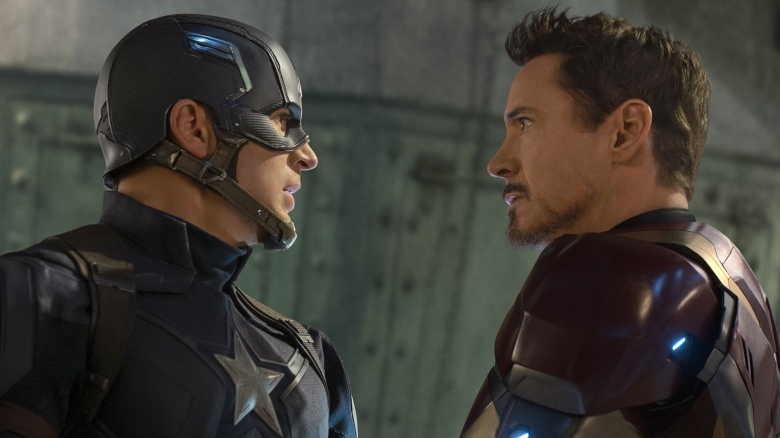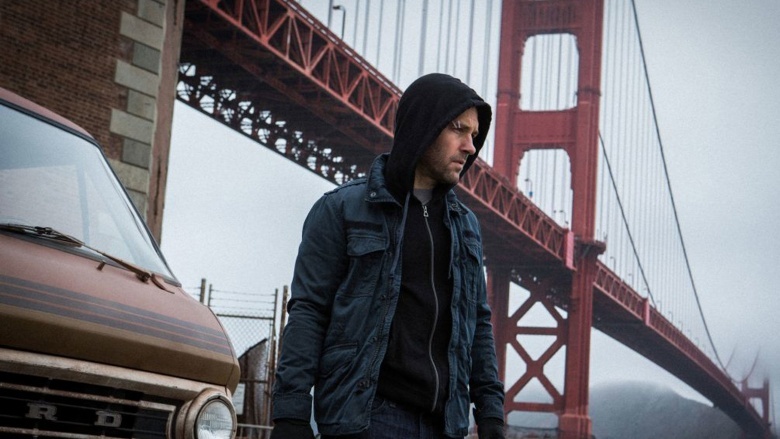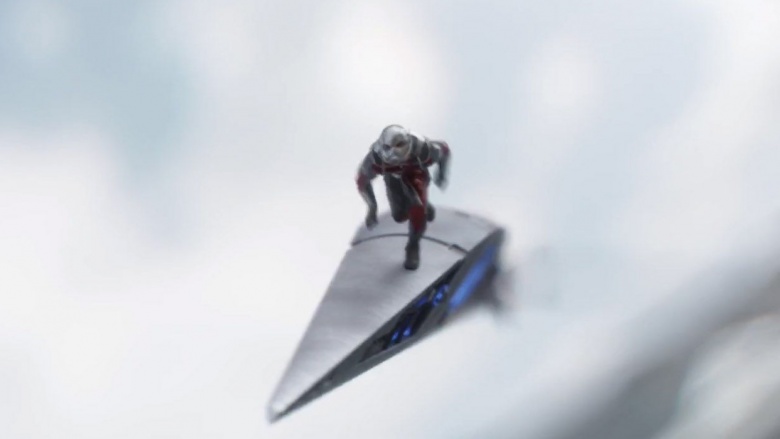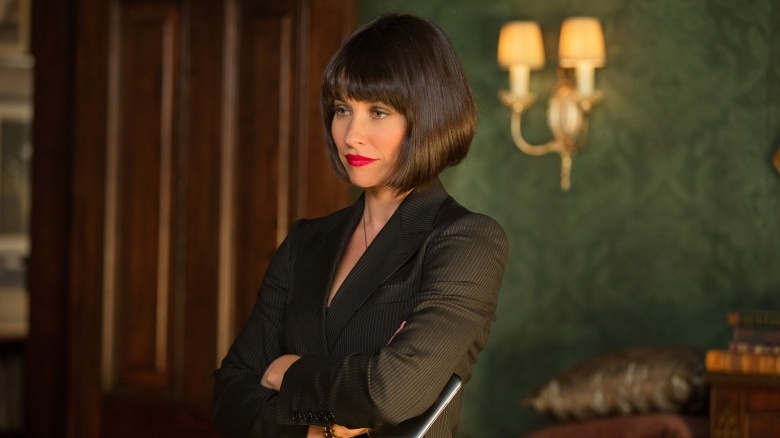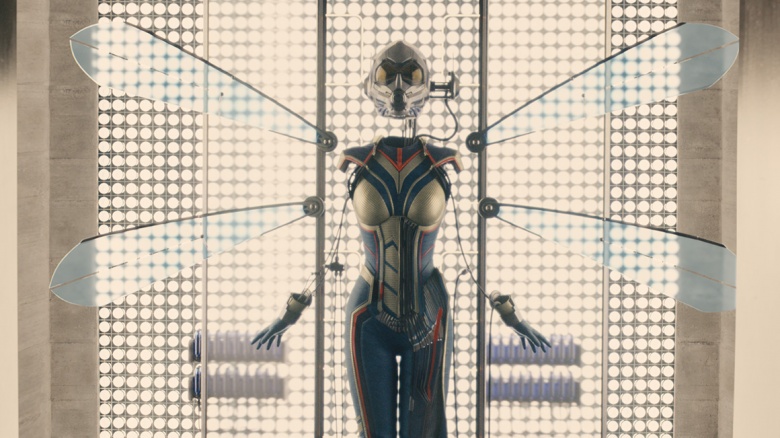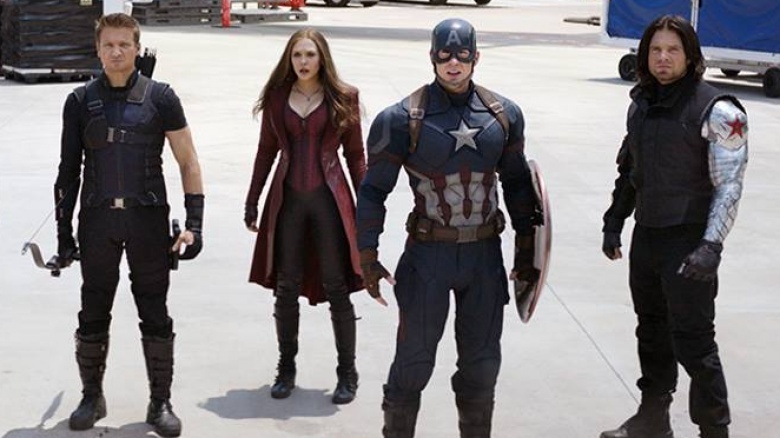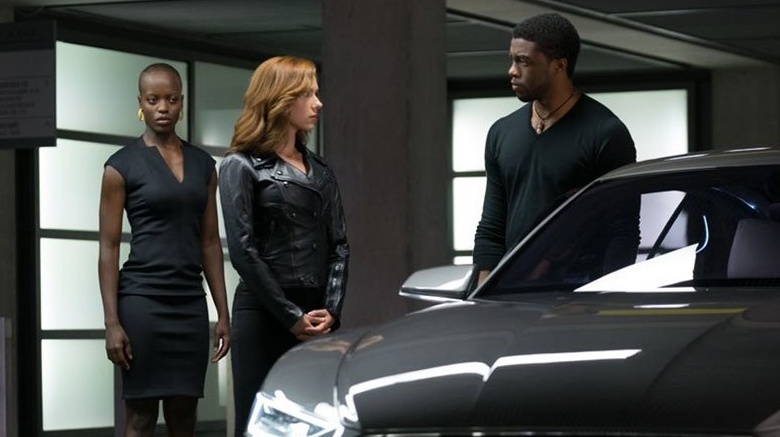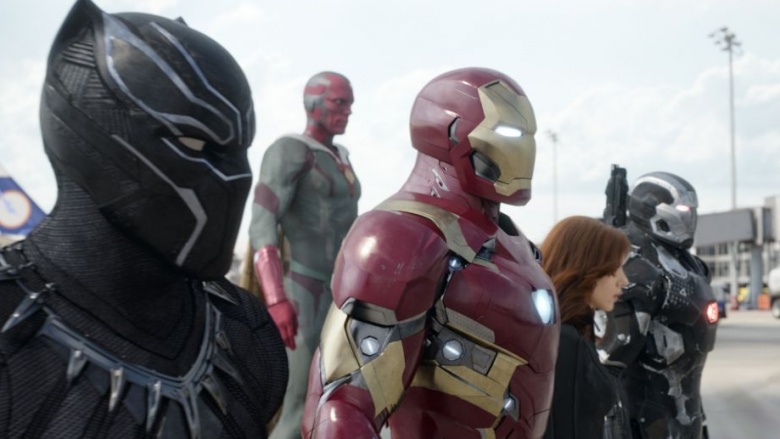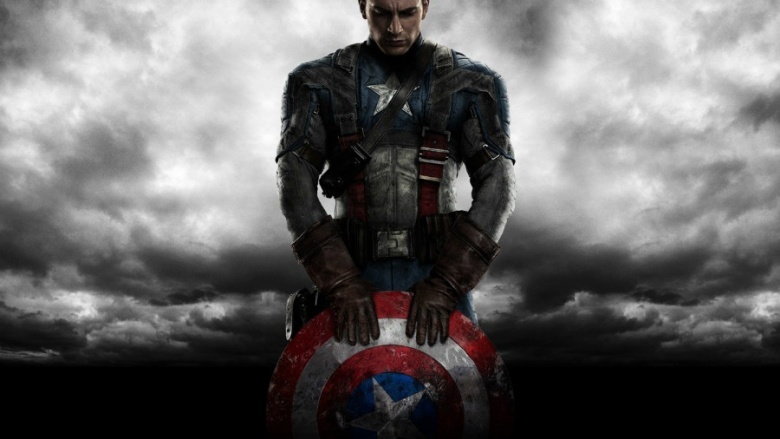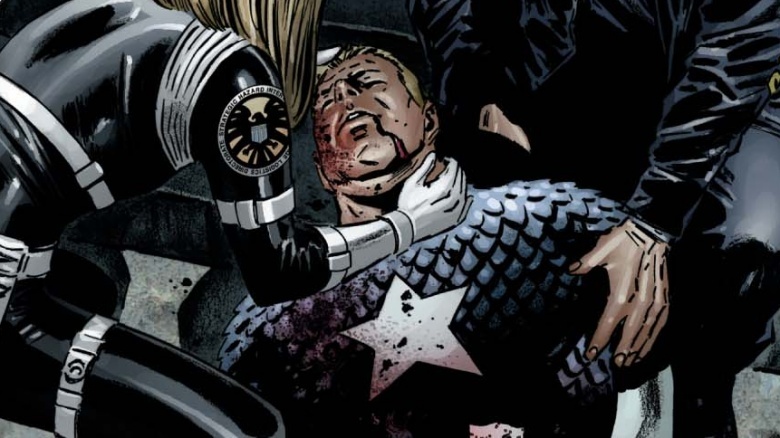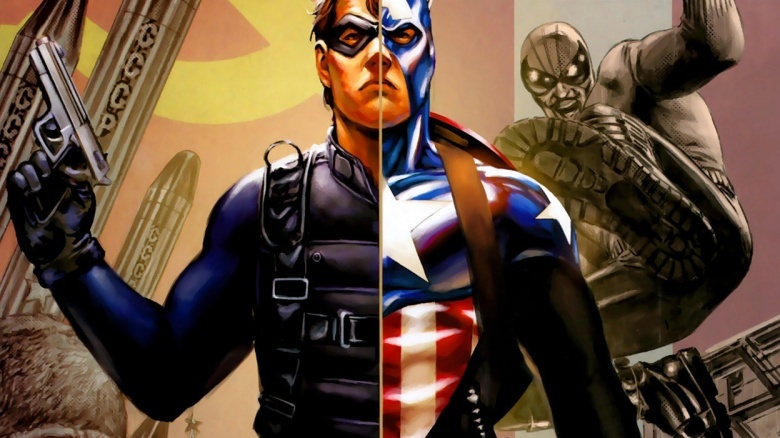Captain America Civil War Scenes You Didn't See
With a running time of about two-and-a-half hours, Captain America: Civil War is one stuffed movie. It features about four action-heavy set-pieces, a dozen superheroes beating each other up, political machinations, and even a couple of bromances thrown in for good measure. As a result, some scenes just had to hit the cutting room floor. As ever, beware: spoilers ahead.
Meet Ant-Man
When we meet Scott "Ant-Man" Lang just before the big super-throwdown at the airport in Germany, he more or less just jumps out of a van and shakes hands with Captain America. As far as introductions go, it's pretty brief, especially for viewers who may not have caught the tiny hero's huge debut in 2015's Ant-Man. As it turns out, his introduction in the script was originally a bit, well, bigger.
Scott Lang in San Francisco
According to a Slashfilm interview with Civil War's screenwriters Christopher Markus and Stephen McFeely, the script originally called for us to catch up with Lang and the gang in his home of San Francisco. "There was a point where we went all the way with Scott Lang in San Francisco and got to have a little more taste of what his life was like, and it was fun to write for us," said Markus.
Why it was axed
Markus went on to explain that the scene "was unnecessary, so it never made it to the camera." Not only that, but the lead time necessary to make these movies made the job of capturing Ant-Man's voice that much harder. He continued, saying about the cut scene, "We were probably wrong. Because of the nature of when we start making the movie versus when it comes out, as we're doing it for Infinity War, we wrote a lot, if not all, of Scott Lang's stuff before we ever saw Ant-Man. You just have to roll with that because we need to film."
Where's Wasp?
While we're on the subject of Ant-Man, fans were pretty excited by that movie's post-credits scene that alluded to the impending debut of the hero's crime-fighting partner, the Wasp. So it wasn't much of a stretch to imagine that we might catch a glimpse of her alongside Ant-Man in Civil War. And according to a report from ComicBook.com, that's something that the filmmakers actually planned to have happen.
Bug-zapping
Marvel Studios head Kevin Feige explained during a press event for Civil War that Markus and McFeely had plans for Wasp while they were writing the script. Feige revealed that, "There were drafts where Wasp participated in the splash panel fight—the airport battle." Considering how amazing Ant-Man's own role in that fight turned out to be, it's hard not to be a little bummed that Wasp wasn't there to add to the chaos. Alas, it was not to be...
Why she was cut
Feige went on to say that as amazing as Wasp could've been in Civil War, it was more important to preserve her superheroic journey for the Ant-Man sequel. "The truth is, it took away the fun of seeing her suit up for the first time — seeing her on that road to being a hero. We experienced that with Ant-Man in his own movie," he said.
Talk it out
After the Winter Soldier is captured in Germany and the heroes gather before his interrogation, we hear them all discuss what's going on, and just how they feel about it. These scenes turned out to be pretty important, for the most part, since they help inform who's on which side of the movie's conflict, and why. But Civil War's directors, Joe and Anthony Russo, decided that not all conversations are created equally.
Back in Black
Joe Russo explained to ComicBook.com that a scene featuring a chat between Black Panther and Black Widow was edited out, saying, "There was a scene between Natasha and T'Challa at the German Ops Center, halfway through the movie when he was sitting in that room. Cap and Falcon had been isolated in the other conference room."
Why they were muted
So why'd it get chopped? As hungry as fans are for as much screentime from Panther and Widow as possible, it just wasn't moving the story along much, and it was covering the same ground. Joe Russo said, "We didn't feel like it was moving the storytelling forward and they had already had a scene so it felt repetitive so it was something we excised from the movie."
Cap lives
Finally, the end of Captain America: Civil War shows less of a resolution between Iron Man and Captain America's conflict, and more of a pause. While Cap ultimately wins the physical fight, he's forced to break his pals out of the Raft and go into hiding, since the Sokovia Accords are still in effect. While it's a bit unsatisfying, it's a solid way to end the movie and provide a lasting effect on the rest of the Marvel Cinematic Universe. And it's way better than the ending to the comic book version of Civil War. Because in that version...
Cap dies
It's true! After he turns himself into the authorities, Captain America is shot and killed by bad guys. That death, of course, happened in a comic book, so it was pretty temporary. But it seemed like a very plausible way for the movie version to end, since Chris Evans' contract to play Captain America wouldn't last forever. Additionally, in the comics, Bucky Barnes, the Winter Soldier, took over the role of Captain America in the wake of Steve Rogers' death. With Bucky playing such an important role in the Captain America movie franchise, it seemed like a good bet that Cap could be pushing daisies by the movie's end.
Why it was killed
According to an interview between screenwriters McFeely and Markus with ScreenRant, they never even considered killing Captain America at the end of their story. Killing off Cap, said McFeely, would've undercut the ambiguity they were going for when it came to the issues presented by the Sokovia Accords. He added, "It also makes him too definitely a martyr and makes it feel like he was right. And we wanted neither side to be right or wrong. We wanted to end it kind of queasy. Both opinions are still standing at the end of the movie." And considering how great the movie turned out as a whole, it'd be hard to argue with their decision.
